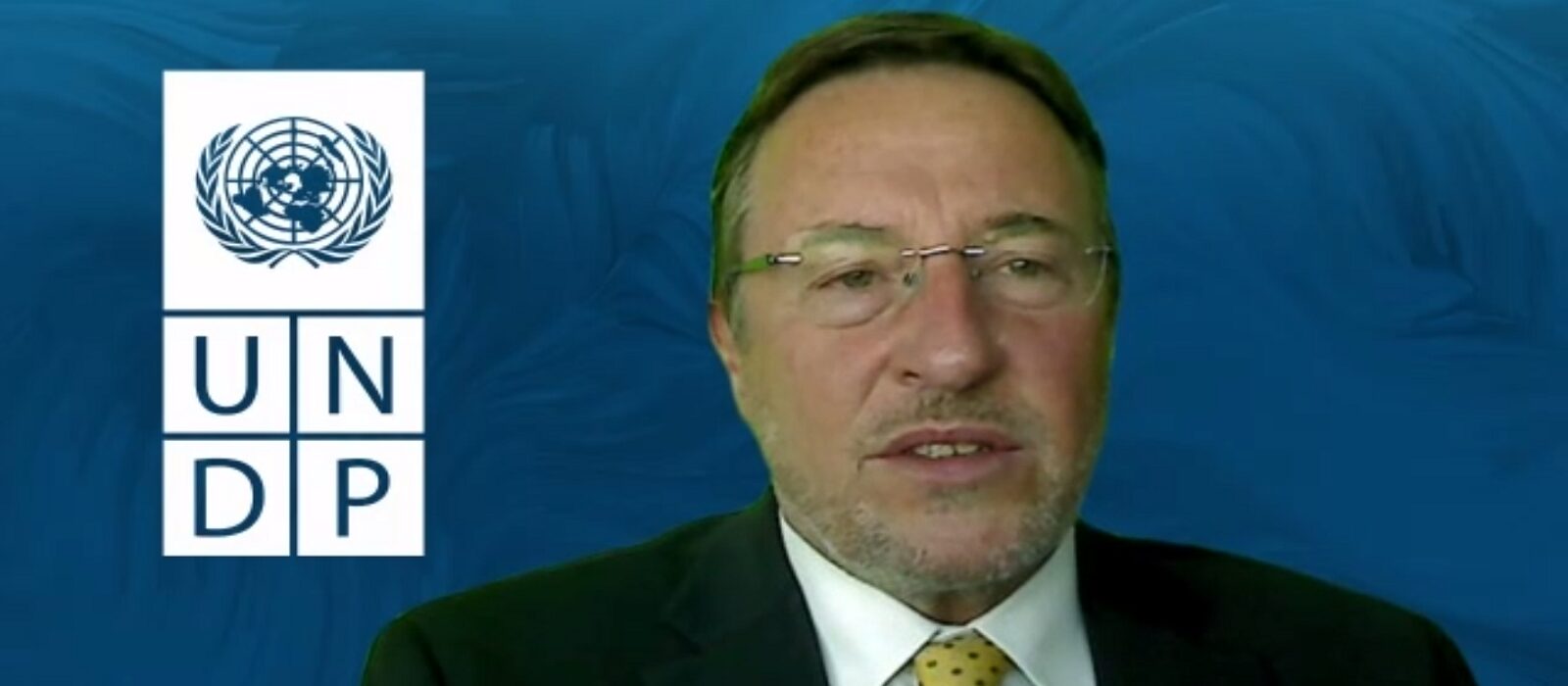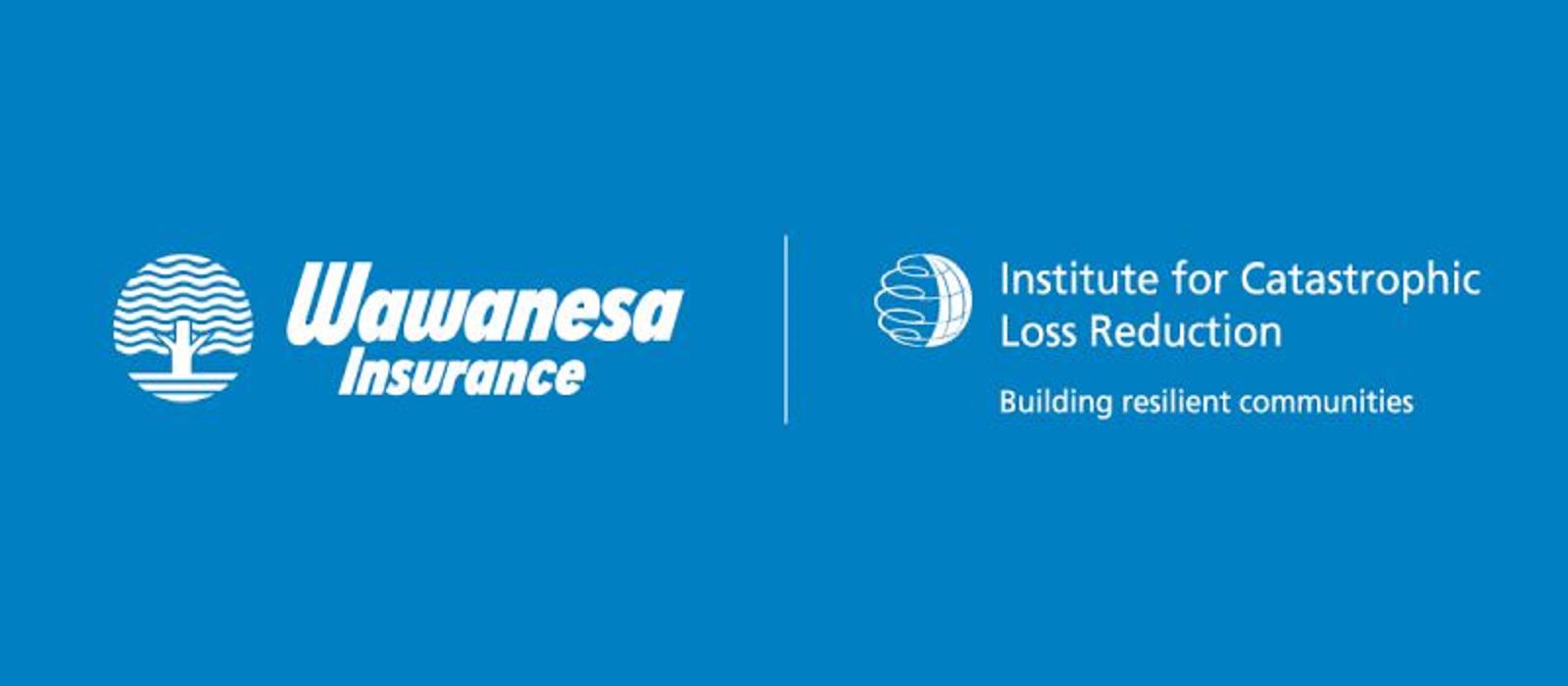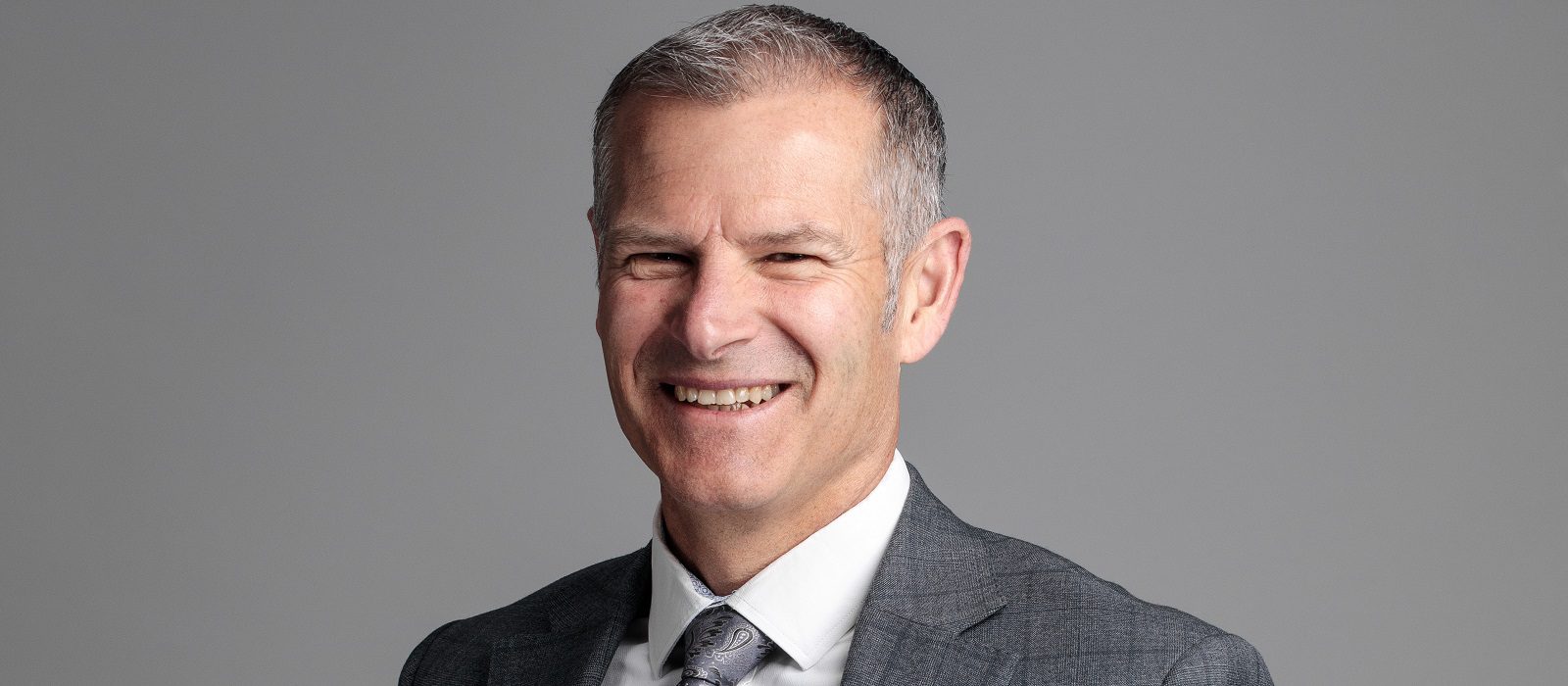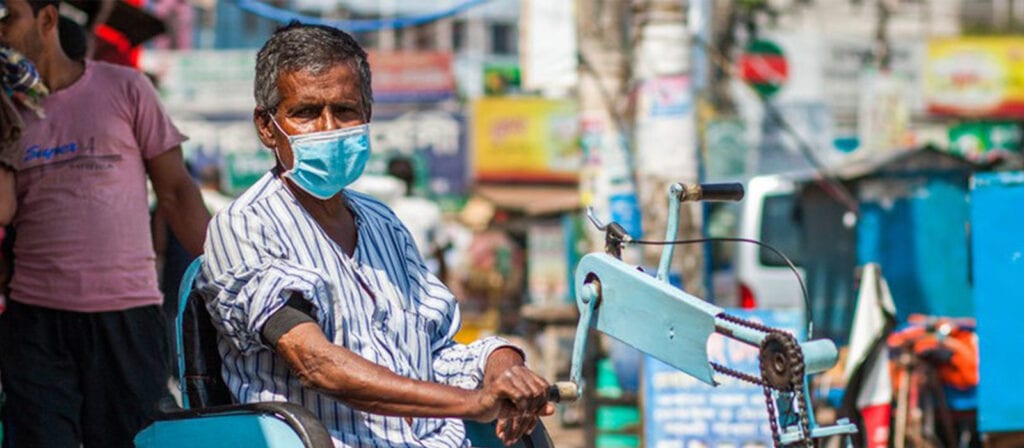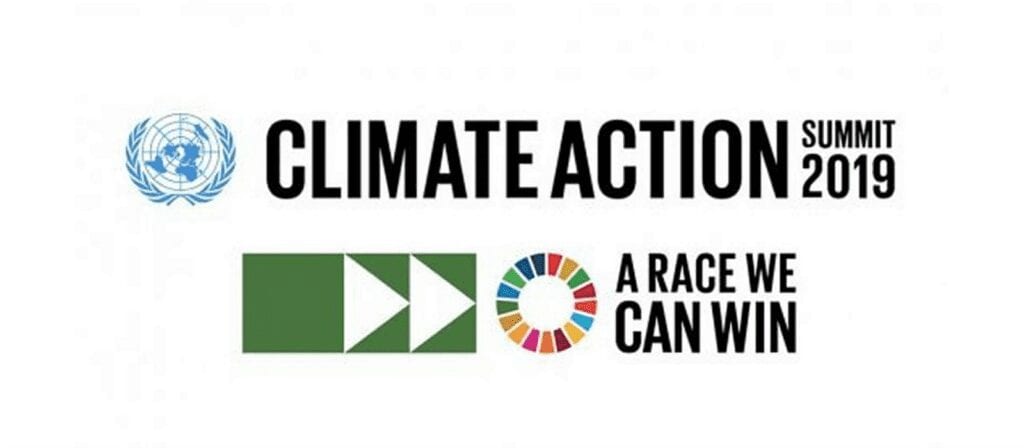The United Nations Development Programme (UNDP) today announced a new flagship initiative — the Insurance and Risk Finance Facility (IRFF), within its Finance Sector Hub. The new Insurance and Risk Finance Facility (IRFF) aims to build financial resilience and bridge the USD 1.4 trillion global health, mortality, and disaster protection gap.
The UNDP says the Facility will strengthen the protection of vulnerable communities from socio-economic, climate and health-related disasters, by significantly increasing the role of insurance and risk-financing in development. The German Government has contributed EUR 35 million in funding for the Facility to advance delivery of the InsuResilience Global Partnership’s Vision 2025, which was presented at the UN Climate Action Summit 2019.
According to the UNDP, disaster recovery costs the world’s 77 poorest countries an average of USD 29 billion annually – with only 3% of this cost covered by insurance, forcing countries to bear the cost of recovery themselves or rely on humanitarian aid. In 2020 alone, 980 disasters caused by natural hazards cost the global economy over USD 210 billion. In addition to this, following the COVID-19 crisis, 150 million people have been pushed back into poverty.
“In a world of growing and converging risks, developing countries and their communities are often the worst affected and the least able to rebuild and recover. Without financial resilience, the most vulnerable can be locked into a downward spiral of debt and poverty. Faced with these challenges, insurance and risk-finance products, tools and services can secure our critical infrastructure, protect our agriculture and businesses, and preserve critical ecosystems that make life on earth possible.” stated Achim Steiner, UNDP Administrator (pictured during the IRFF launch webinar).
Insurance and risk financing provide a critical safety net, protecting assets, lives and livelihoods from the impact of crises. The IRFF will be present across five regions globally, working with the insurance industry and government to transform markets. The ambition is to co-create insurance and risk finance solutions in over 50 developing countries by 2025, embed them in public financial decision-making, and greatly contribute to the InsuResilience Vision 2025 target of protecting 500 million poor and vulnerable people by 2025.
Shaun Tarbuck, Chief Executive, the International Cooperative and Mutual Insurance Federation (ICMIF) congratulated the UNDP team for the ambitious goals that the Insurance and Risk Finance Facility has set to reach 50 countries by 2025 to close the protection gap, saying: “The cooperative and mutual insurance sector stands ready to assist Jan Kellett and his team at the Insurance and Risk Finance Facility reach those goals and at the same time build on and deliver the ICMIF and UNDP Partnership which was agreed in 2019. The unique way that mutuals work in the community to co-create risk models and build education programs that support risk mitigation and adaption are a perfect way to close the protection gap as referenced by the 10.5 million people that the ICMIF 5-5-5 Mutual Microinsurance Strategy has reached over the last five years.
Speaking about the launch of the IRFF, Dr. Maria Flachsbarth, Parliamentary State Secretary, German Federal Ministry for Economic Cooperation and Development (BMZ) said: “Building the financial resilience of countries and communities is a critical element of tackling climate change and safeguarding past and future development gains. Germany is strongly committed to the InsuResilience Global Partnership to enhance protection from climate impacts. Risk finance and insurance solutions enable the delivery of effective disaster response and help countries to be better prepared for the impacts of climate change and other shocks by reducing humanitarian impacts, building people’s capacity to recover more quickly and strengthening community resilience. In 2020 alone, more than 200 projects in over 100 countries contributed to the InsuResilience Global Partnership, protecting an additional 137 million people.”
“The global community made a commitment at the UN Climate Summit in 2019, and all of us – governments, industry, the development sector – need to step up our work to enable climate-proof development,” Dr. Maria Flachsbarth concluded.
Under the IRFF, UNDP says it will be driving the country level change by working with governments to include climate risk modelling work in national development plans and financing strategies, nationally determined contributions, national adaptation plans and more.
“The insurance industry recognises that the new challenges we collectively face – the climate crisis being the largest of them all – require public-private solutions. We welcome the investment UNDP is making through the launch of its Insurance and Risk Financing Facility to work together with the insurance industry at this crucial juncture. This demonstrates the progress the insurance and development community are making and will allow us to ramp up results on the ground.” said Denis Duverne, Chairman of Axa and Chairman of the Insurance Development Forum.
The work of UNDP’s IRFF is built on partnership. A critical example is the Tripartite Agreement which was signed during the United Nations Secretary General’s Climate Action Summit in 2019, between the Insurance Development Forum (the public-private partnership between industry and the multilateral sector to address development challenges); the German Government (BMZ) and UNDP. The partnership includes significant technical assistance and financial commitments from ten of the largest insurance companies in the world (Allianz, AXA, Axis, Guy Carpenter, Hannover Re, Munich Re, SCOR, Swiss Re, Willis Towers Watson and Aon), working with UNDP to build long-term financial resilience in countries.
